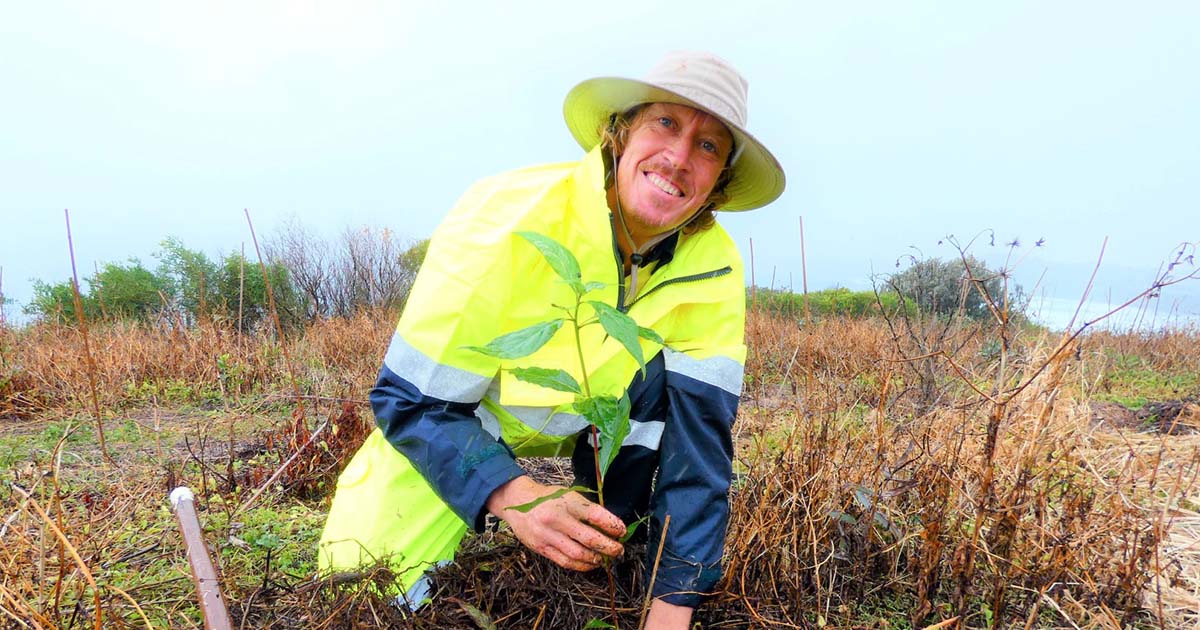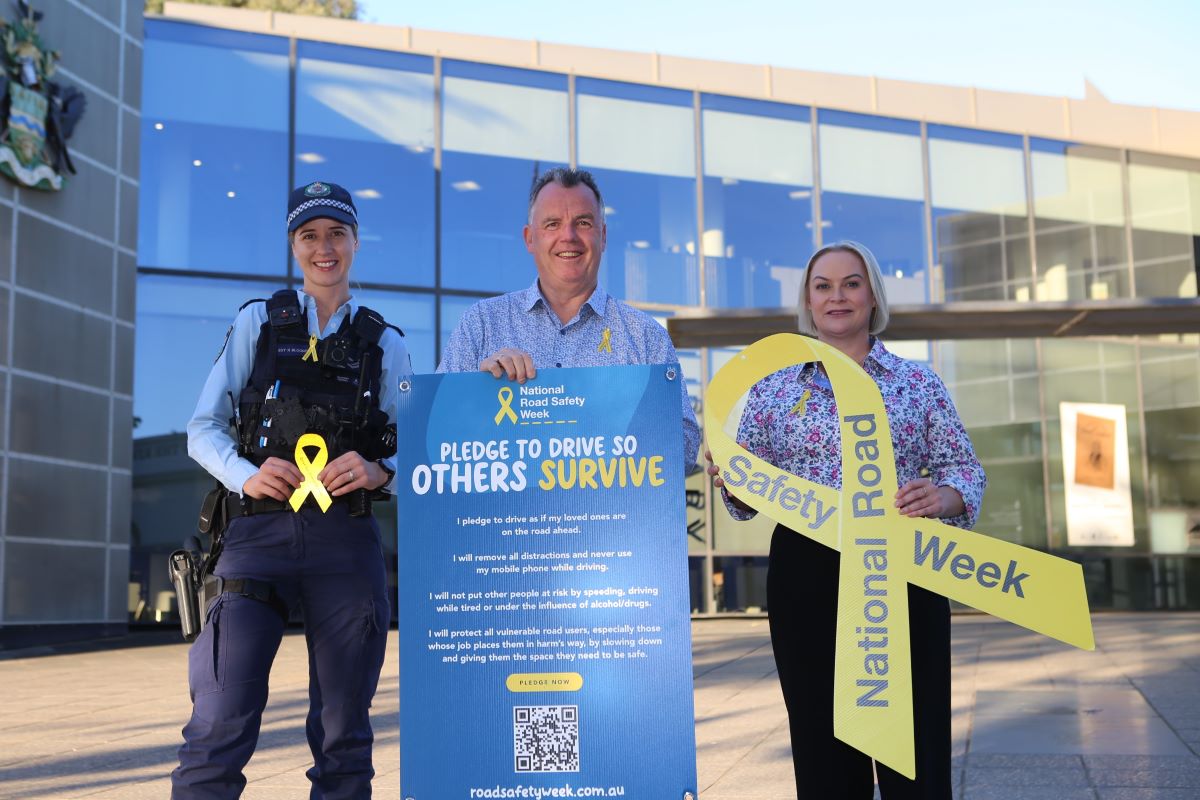- Hon Michael Wood
- Hon Kiritapu Allan
The Government is stepping up to repair the North Island transport network hit by Cyclone Gabrielle and the January floods to ease the financial pressure on Councils.
“The road and rail network has been hit hard by severe weather this year, and the Government is committed to both repairing these essential travel connections and not leaving ratepayers to cover the cost alone,” Michael Wood said.
“With cost of living pressures affecting many families across the country we are acutely aware that the significant cost to rebuild local roads could lead to unmanageable rates increases.
“So we’re stepping in to cover more of the costs of clearance and rebuild so Councils can get on with the work without having to rely on increasing rates.
“Within the support announced today, $275 million is earmarked for Waka Kotahi and local councils to repair affected roads and get New Zealand’s essential transport network operating again. This is on top of the $250 million the Government announced immediately after Cyclone Gabrielle.
“Through this funding Waka Kotahi will be able to consider requests from affected regions for higher levels of direct financial support to rebuild local roads.
“We’re also investing to repair the North Island rail to restore this crucial transport connection for people and freight, with a $200 million funding injection.
“This will get our rail network back in action by investing to repair the rail tracks, sleepers, bridges, and other structures that were damaged, and to clear debris from the tracks caused by slips and washouts.
“Repair work will be focussed on the North Auckland Line and the Palmerston North to Gisborne Line, as well as the Auckland metropolitan network, the North Island Main Trunk and the East Coast Main Trunk.
“Today’s announcement provides further certainty for affected regions, and demonstrates our commitment to helping communities get back on their feet while we build a stronger and more resilient transport network,” Michael Wood said.
“Our regions rely on a resilient roading network to connect their smaller and more isolated communities. When speaking with these communities, such as those around the East Coast, many of their concerns stem from the resilience of the roading network and whether they could be cut off again in another significant weather event,” Kiri Allan said.
“This investment will provide the certainty needed for these communities and local councils that the Government will continue to support them to ensure the necessary repairs can be made, without having to worry that ratepayers will be left to foot the bill alone.”








